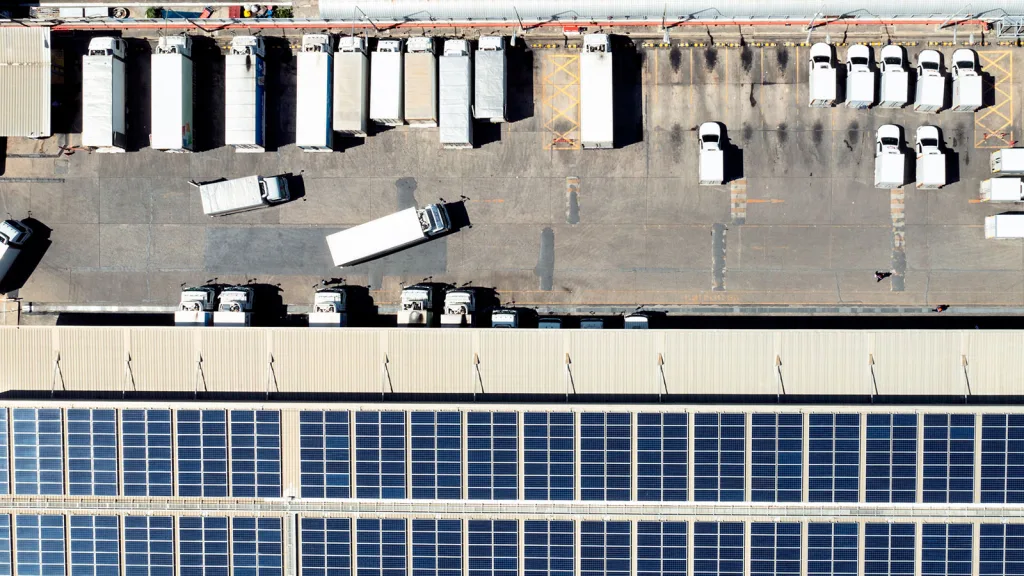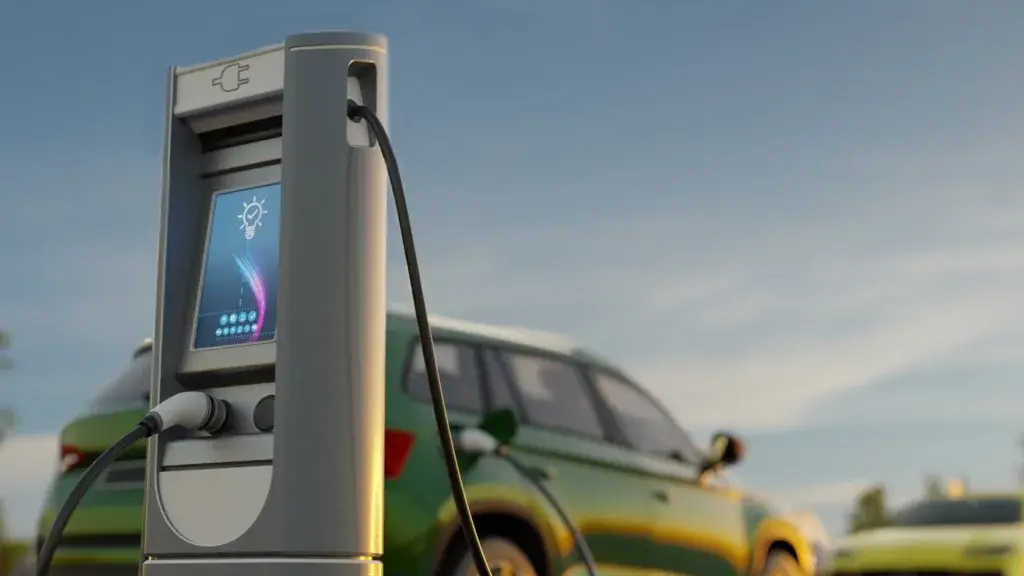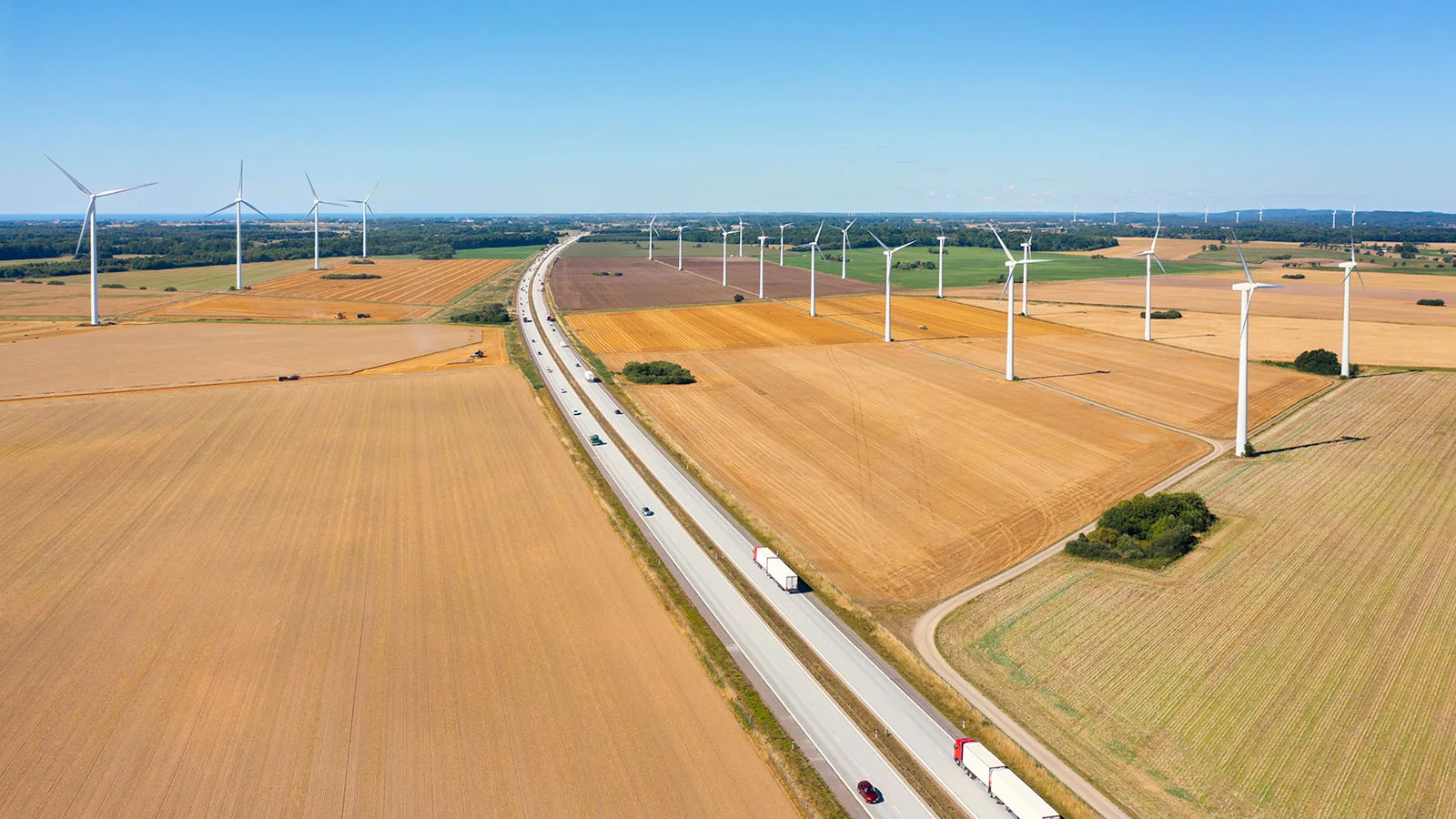Mexico City, 11 November 2025 – Today, at COP30 in Brazil, leading companies under the Zero Emission Vehicles Emerging Markets Initiative (ZEV-EMI) Mexico Partnership announced progress in accelerating the electrification of corporate light-duty and heavy-duty vehicle fleets across Mexico.
The ZEV-EMI Mexico Partnership, which unites companies across the transportation value chain to advance electromobility in Mexico, is forming a Collective Action & Investment Alliance to leverage the collective demand for 17,000 ZEVs in Mexico by 2030.
The new alliance seeks to co-invest in electric vehicles, charging infrastructure, and renewable energy, driving Mexico’s transition to clean transport and economic growth. So far, it has identified two collective actions and investment opportunities – deployment of an e-truck Pilot in Northern Mexico, and the scale-up of light-duty electric vehicles in Mexican cities – and calls on stakeholders across the transportation value chain to join the alliance to accelerate Mexico’s electromobility transition.
From demand aggregation to e-truck pilot and scaling light vehicles in Mexican cities
Thisalliance came together through a multi-year effort by the ZEV-EMI Mexico Partnership under the leadership of the World Business Council for Sustainable Development (WBCSD).
At COP29, this coalition of businesses first signaled demand for more than 17,000 zero-emission vehicles by 2030. Since then, it has worked to identify the gaps and opportunities to move the demand signal toward implementation and scale investments in electric vehicles and enabling infrastructure. In partnership with Arcadis and TRATON, the coalition has selected two collective action and investment opportunities to accelerate Mexico’s ZEV transition – deployment of an e-truck Pilot in Northern Mexico, and the scale-up of light-duty electric vehicles in Mexican cities – and developed an interactive Total Cost of Ownership (TCO) Evaluation Tool to help companies assess the business case for EV fleets.
The TCO tool for Mexico represents a major step forward in helping companies make data-driven investment decisions toward fleet electrification. By providing a clear, comparable view of context specific costs and benefits across technologies, we are supporting the Zero Emission Trucks transition.
– Greg Steele, Global President, Mobility, Arcadis
Mexico is a key focus market for our decarbonization roadmap. Through strong partnerships and innovative tools, we’re identifying viable pathways to accelerate the transition to low-emission transport and demonstrate that sustainability and business efficiency can go hand in hand.
– Jennifer Motles, Chief Sustainability Officer, Philip Morris International
At Valeo, we are proud to help drive Mexico’s transition to zero-emission mobility. Through innovation and investment in local talent, we are committed to delivering advanced technologies that make sustainable transport a reality for all.
– Marco Hernández, Director, Valeo Mexico
Northern Mexico e-truck Pilot
In northern Mexico, high freight demand and reliable low-cost energy combine to make a growing investment case for the electrification of heavy-duty intercity trucking. Alliance participants seek to pilot at least 15 heavy-duty electric trucks on the Nuevo Laredo to Monterrey and the Monterrey to Mexico City corridors, supported by six megawatt-scale rapid charging hubs by 2030.
Scale-up of light-duty electric vehicles in Mexican cities
In Mexico City, Guadalajara, and Monterrey, ZEV Mexico Partners already operate over 10,000 commercial light-duty EVs, with demand rising fast. To meet future demand and improve the TCO, the alliance seeks to further mobilize and de-risk investments in at least 1,300 new EV chargers, and 35 megawatts of local renewable energy sources by 2030.
Call for action to businesses and partners
To support Mexico’s electromobility transition, businesses under the ZEV-EMI Mexico Partnership call for collaborative action and (co)investments in electric vehicle fleets and electric vehicle supply chains, as well as charging infrastructure and renewable energy sources.
To de-risk investments, businesses also call for collaboration with public and private finance institutions to address key investment risks and co-design new finance de-risking mechanisms and facilities.
Additionally, businesses will continue strong collaboration with the Mexican government to identify investment opportunities along the ZEV value chain and enable policies that can help to scale private investments and accelerate the transition.
At Mexico’s Secretariat of Economy, our main commitment is to advance the goals of Plan México—a national strategy that drives industrial transformation, sustainability, and inclusive growth.
Within this framework, electromobility stands as a key pillar that strengthens Mexico’s capacity for innovation and accelerates our transition toward zero-emission transport. Strong public–private partnerships are essential to achieving this vision, as they create economic opportunities and position Mexico as a global leader in sustainable mobility. Our support for initiatives such as Olina—the first Mexican-made electric vehicle—and Taruk, an innovative e-bus manufacturer, reflects our dedication to sustainable innovation through collaboration.
Engagement with the WBCSD and the ZEV Mexico Partnership represents a valuable opportunity to deepen public–private cooperation and strengthen the ecosystem for sustainable mobility in Mexico.
– Rodolfo Osorio de Carrera, Head of Electromobility Sector, Secretariat of Economy, Government of Mexico
This collective effort marks a significant step on Mexico’s path to a more sustainable future, as businesses call on stakeholders across the entire transportation value chain to join the alliance and accelerate the transition to zero-emission mobility.
The ZEV Mexico Partnership shows how ambition can be turned into implementation. By working together toward an e-truck pilot in northern Mexico and accelerating the scale-up of electric vehicles in urban centers, this coalition is demonstrating how collaboration and targeted efforts can drive real progress. These investments will not only reduce emissions but also unlock innovation and sustainable growth across Mexico’s transport sector. WBCSD will continue to help drive real progress and looks forward to working with members and partners to advance a zero-emission future.
– Diane Holdorf, Executive Vice President, World Business Council for Sustainable Development
Climate Group and EV100 are proud to join the alliance and bring EV100’s 120 global members in support of this initiative. The future of electromobility in Mexico is bright and this alliance will help in addressing some of the challenges the country faces in making its ambition reality.
– Killian Dorier, Senior International Programme Manager, Climate Group
For more information about this initiative, please reach out to Urska Skrt, Senior Manager, Lead Transport and Mobility.
Outline
Related
Content

Unlocking Zero-Emission Vehicle Adoption: How Innovative Leasing Models Can Drive Market Creation
22 June, 2025

Collaborative pathways for building resilience in transport: insights from ITF 2025
5 June, 2025

Companies unite to advance freight and passenger zero-emission vehicles in Mexico, signaling demand for more than 17,000 electric vehicles by 2030
14 November, 2024
